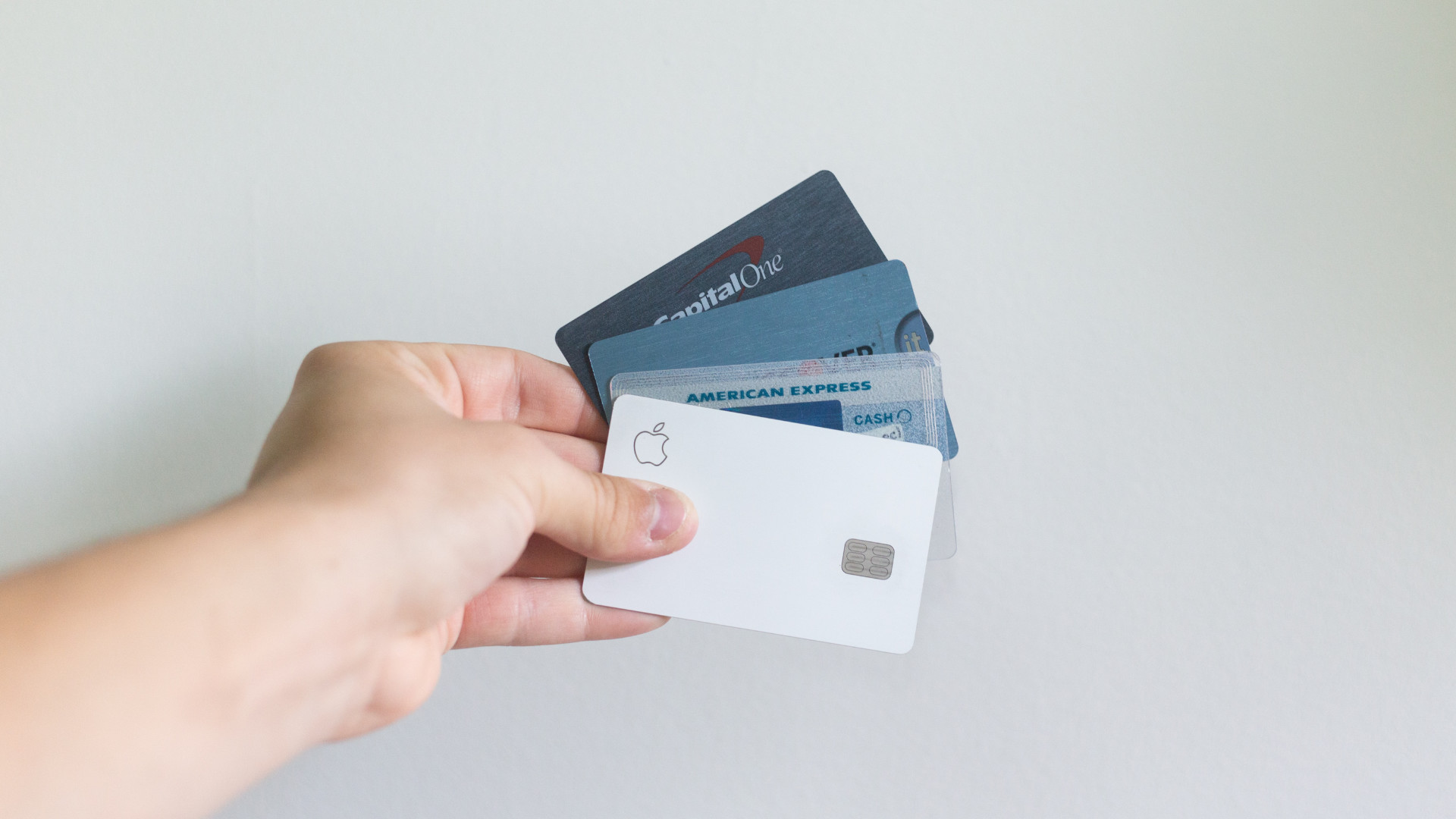What is a Start-up

It is an almost daily occurrence. A new start-up you may have never heard of went out of business causing a huge wave of unemployment. Or another is sold for an unfathomable amount of money. But what exactly is a start-up? And should you work for one?
To put it simply, a start-up is a company or project created, usually by a small number of people, with the goal of turning into a scalable business.
Who creates Startups?
Typically, a Startup is founded by a small team. This can be a team of software engineers, business professionals, entrepreneurs, or many more. They could even be a small group of college students.
Although the background of these teams may be varied, their goals aren’t. Startups want to solve a problem that they may have a solution for. This solution could be a product or service for a demand in the market.
When these groups of people create a Startup they have the goal of using their product to change the world in some way. Only sometimes the world might not share their vision.
Only 20% of Startups are profitable
While Startups can be very profitable for investors. Especially for those that get in during the early stages of the business. Only around 20% of Startups are profitable. There are countless Startups that went out of business before they reached their big break.
Many Startups will spend more money than they earn to push their product out of the door. This process can take many years. Sadly, the money isn’t always there to help during those hard times.
Startups are expensive
How much does it cost to create a Start-up?
Your average Startup will have yearly expenses of around £35,000 to £45,000. These expenses cover most of the business but can increase drastically.
In between the research expenses, advertising costs, employee wages, etc. There is the fact to consider that in order to grow proficiently as a Startup you need to grow your workforce exponentially.
Hiring more staff to get your product out of the door is not cheap. More software engineers mean more workstations, desks, chairs, office space, etc.
Growing past the early stages is a monumental task for any Startup. Many will never get past their initial wave of hiring.
Timing is everything
As with many other aspects of life, timing is everything. If the market is not ready for a new product it might take too long to generate a steady revenue. On the flip side, if the Startup takes too long to release its product, then the market will be oversaturated and it will struggle to compete.
Sadly, it is impossible to predict the future. Because of this successful Startups spend a significant amount of money in market research before launching their products.
Startups turned mega-corporations
While there are countless Startups that never got past their early stages, there are many household names that survived.
Airbnb
Bringing in a whopping $8.4 Billion in revenue for 2022, Airbnb came from humble beginnings. In October 2007, roommates Joe Gebbia and Brian Chesky wanted to turn their living room into a bed and breakfast with the help of an air mattress and a small website.
Fast forward to the year 2022 and Airbnb has grown past 6,500 employees and has total assets valued at over $16 Billion.
Uber
In 2009, Garret Camp and Travis Kalanick spent $800 for a private fare on New Year’s Eve. Finding this cost quite excessive they came up with the idea to make it easier and cheaper for people to find transportation.
What began as a simple alternative for taxi fares quickly grew into a massive company employing well over 32,000 employees.
Founded in late 2009, Pinterest was created to allow users to share their digital collections. Gaining 10,000 users only nine months after launching.
Continuing to grow rapidly, in 2022 they have over 450 Million users with a yearly revenue of $2.8 Billion.
There are of course many more examples of successful Startups. You might even have the chance to be part of one someday.
Joining a Startup
There are many ways you can go about joining a Startup. If you want to join as an employee you can look on online job boards, network at local business events, and research into Startups that are in your area of expertise.
By becoming an employee of a Startup you may be rewarded with a share of the company’s equity, with the industry standard being around 2%. Startups also offer many other office work-related perks such as a casual dress code, high salaries, gym memberships, and more. Keep an eye out on their job listings for a list of benefits.
You can also join a Startup by becoming one of their Angel Investors. Early Startups are almost always in dire need of funding, and by supplying them with funds you can bag yourself a great investment.
Keep in mind though that in order to become an Angel Investor you will need to be an established investor. This may require you to have a net worth exceeding $1 Million.
Working at a Startup can be stressful
Due to the fickle nature of getting the timing perfect for a Startup to be successful, you will need to brace yourself for the stress of working for a Startup.
It is quite common to be working very long hours, including weekends, to meet strict deadlines. With drastic hiring, there may also be mismanagement issues causing even more stress.
Make sure the Startup you want to work for is able to meet the work-life balance you want before applying for a position.
Startups are a risky business
Creating a Startup is a very risky move. Only around 20% of Startups are able to sustainably grow past their early stages. Large groups of people have been laid off due to downsizing or businesses shutting down. Investors might also never make their money back.
The rewards for succeeding however are monumental. Setting aside the monetary benefits, Startups are able to change aspects of our everyday lives. Being a part of that change is something to be proud of.
References Used
- Forbes. “What Is A Startup? The Ultimate Guide, https://www.forbes.com/advisor/business/what-is-a-startup/#544a2a9a4c63”
- Fortune. “Why startups fail, according to their founders, https://fortune.com/2014/09/25/why-startups-fail-according-to-their-founders/”
- Medium. “How the Startup Studio Business Model is Changing the Startup Economy as We Know It, https://medium.com/startup-studio-insider/how-the-startup-studio-business-model-is-changing-the-startup-economy-as-we-know-it-4a121a670007”
- Investopedia. “What a Startup Is and What’s Involved in Getting One Off the Ground, https://www.investopedia.com/terms/s/startup.asp”




